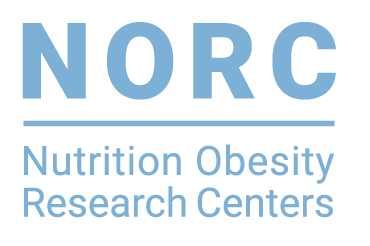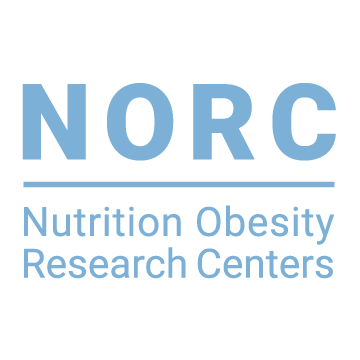Category: Newsletters
UNC-CH NORC July 2020 Newsletter
UNC-CH NORC July 2020 Newsletter
Categories: Featured News, News, Newsletters Tags: University of North Carolina at Chapel HillUNC-CH NORC April 2020 Newsletter
UNC-CH NORC April 2020 Newsletter
Categories: Featured News, News, Newsletters, Uncategorized Tags: University of North Carolina at Chapel HillUNC-CH NORC January 2020 Newsletter
UNC-CH NORC January 2020 Newsletter
Categories: Featured News, News, Newsletters Tags: University of North Carolina at Chapel HillEndogenous Oxytocin Levels in Relation to Food Intake, Menstrual Phase, and Age in Females
Summary: Though oxytocin is most commonly known for its role in uterine contraction during delivery, recent evidence demonstrates that it also has an anorexigenic effect. Elizabeth Lawson and colleagues investigated the endogenous oxytocin response to food intake and its relationship to sensations of hunger and satiety in 55 normal weight, pre-menopausal females. Oxytocin levels were higher in younger women and were lower in the early-mid follicular phase of the menstrual cycle. Oxytocin levels decreased significantly during the first hour following a standardized meal, with a mean 20% reduction in levels compared to baseline. Fasting levels of oxytocin were not associated … Read More »
Categories: Blogs, Featured News, News, Newsletters, Publications Tags: Harvard Medical SchoolHarvard NORC Newsletter – April 2017
April 2017 Bulletin We are now accepting applications for P&F awards! Please encourage junior investigators to apply! Visit the P&F Application page on our website for information and to view the application form. Our contact information has been updated, including a new email address: HarvardNORC@mgh.harvard.edu *Please feel free to reach out with any and all questions/suggestions/comments. The goal of the NORCH is to facilitate YOUR research and knowledge sharing, so we welcome constructive feedback from all our members and subscribers. Be sure to check out our updated website as well at: www.norch.org! Thank you to the Arnold Foundation & UAB NORC! … Read More »
Categories: Newsletters Tags: Harvard Medical SchoolHarvard NORC Newsletter – March 2017
Welcome to the NORCH! On behalf of the Administrative Core, we would like to welcome and extend our appreciation to all our returning and new members, and to inform the community of our newly re-organized Center. . We are very pleased to introduce our first official Monthly Newsletter! The NORCH is under new leadership and has re-organized. Many updates have been in progress over the last few months, including our NEW & IMPROVED WEBSITE; please visit and browse at: www.norch.org (we recommend using a Chrome browser if available). Anyone can subscribe to this newsletter through a form provided on the website as well. Our contact … Read More »
Categories: Featured News, Newsletters Tags: Harvard Medical School
